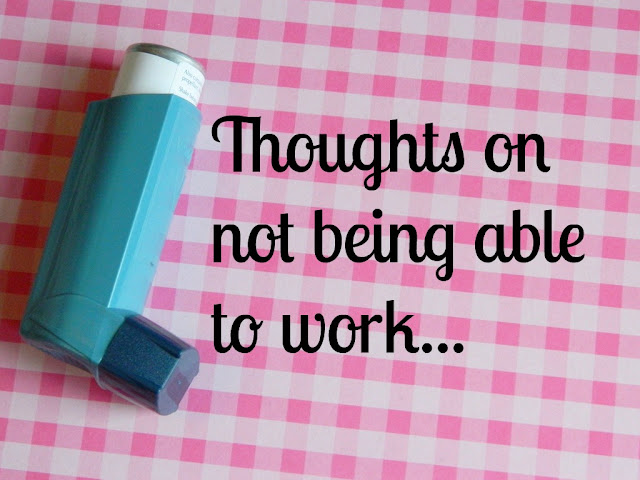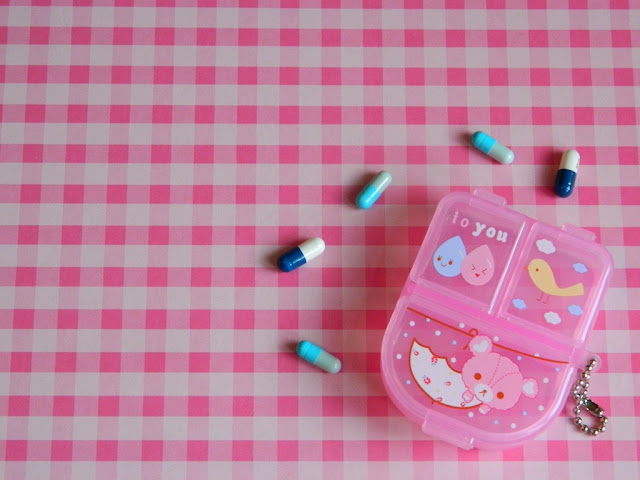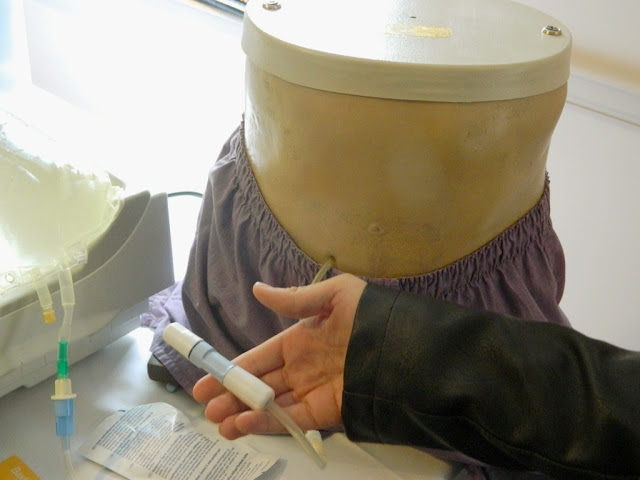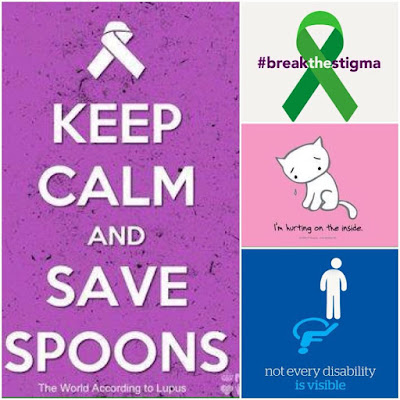Hi everyone! I thought for today's post I'd write a little life update for you all, as it's been so long since I shared a more chatty style post about how things have been going for me lately. After a rough start to the year, with so many things going wrong in my life, and with nothing to really look forward to, I really struggled with my mental health. As a result, my physical health was affected and so was my motivation to do the hobbies I love. I barely blogged and I felt so bad about it :( However, for the last two months I've been getting into the swing of things again and I now feel like I've got my blogging bug back! Woohoo!
In my previous life update post,
I discussed how my financial situation suddenly changed when I went for
my ESA reassessment and even though my health was in the same state, if
not worst, as when I'd first been granted the benefit, the health care
practioner who 'interviewed' me decided that I was no longer eligible. I
felt like she wasn't listening to me much at all thoroughout my
appointment and it was clear she was just looking for ways to catch me
up on what I was saying. It is ridiculous how they do this! Oh you have a shower sometimes without being prompted? You must be able
to work a full time job then! You are able to walk around the
supermarket with your mom and catch up with your friends once a month?
Again, you must be fit to work!
It is so stressful going into the
appointment not knowing whether you are going to get a practioner who
understands, a practioner who actually wants to help people and really
takes in what you are trying to explain, which for me is hard enough
with my anxiety without the added worry of how the practioner is
deciding to word my answers on the computer in front of them. It just
happened that I was unlucky enough to get someone who decided make my
life even more difficult and as a consequence, leave me in a shitty
situation for the first half of 2017!
Because of my chronic health conditions, I currently have to live at home with my family and so thankfully, I had somewhere to live rent-free whilst I was stuck with no money! It's horrible to imagine how someone who lives independently and has a health problem would cope if the same thing happened to them... the government really need to sort themselves out when it comes to these health assessments! After my ESA was stopped, I had to request something called a mandatory reconsideration, and to be honest I wasn't very hopeful as I just thought that they were going to be awkward and not back-track on their decision. This turned out to be the case, and I then had to go through the tribunals service/appeals court to get the decision over-ruled.
The appeals process can take a very long time and in the mean time, it was very hard to handle what was going on since I had no sense of security and was so uncertain of the outcome. I was scared and it was beyond stressful thinking about what their decision would be. I had to write a lot of letters, fill in a lot of forms and do a lot of waiting, until I was eventually told that I would be getting an appointment with the tribunals service and would need to wait on a date to be sent to me. At this time, I was going to my weekly psychological therapy sessions and periodically seeing the psychiatrist that worked for the mental health team to check up on how it was going with my anti-depressants. It was difficult to make any real progress when my financial situation was having an impact on so many aspects of my life. I hope I'm not sounding dramatic or anything, but it meant that I couldn't afford to go anywhere with my friends and family, I couldn't treat myself when I was feeling crappy, I couldn't work on my public transport anxiety because I didn't have any money to pay for a ticket. Worse of all, I couldn't afford any of my medication and I couldn't pay for my rabbit's food, meaning I had to rely on my family members to lend me money to pay for these two necessities for months and months!
One day when I went to see the psychiatrist to get my medication increased, I decided to ask him whether he would write a letter for me for the tribunals service. I wasn't sure if it would help since I'd already provided evidence of my health status to ESA with doctors letters and proof that I went to the therapy, etc, but I decided it couldn't hurt to have more to back me up. This decision turned out to an awesome one since a few weeks after sending it to them, behind the scenes the tribunal service and ESA had had a meeting, and ESA randomly contacted me out of the blue to tell me that they had done a second mandatory reconsideration... not sure how that works, haha! But I'm not complaining! I was then given back my benefit and everything was put back to normal, just like that. I had lots of medical professionals saying that I couldn't work, but the psychiatrist saying it seemed to change everything! I am over the moon that everything worked out in the end. Even though my mental health recovery has been knocked back and I feel like I'm having to start over again, if that even makes sense!
Not only has this reinstatement of my ESA helped with the obviously financial struggle that I was in, it has been such a positivity boost for me, being some optimism back into my mind because months of worry. It has given me some security and normalcy again, and now I can start focusing on the important things and doing the things that makes me feel good. I don't have to carry the bad feelings I had when I was having to borrow money, and I've been able to pay everyone back. I've been able to finally go to the dentist, which I would rather not because eeeek dentists, but gotta look after your teeth and all that. I can now start making plans and giving myself stuff to look forward to, stuff to keep me going, do the things that makes that make life just a little less tough. I feel good for the first time in ages!
If you've made it this far through my post, well done!! I hope that I havent rambled too much or bored you guys! I just felt like sharing my experience meant be helpful for others dealing with a similar situation with their benefit, and I also just wanted to keep you all updated. As well as this whole ESA pickle being sorted, lots of other things that were causing me stress have also settled down and I'm just looking forward to Autumn now! It's my favourite time of year for so many reasons and there's so much I'm excited for. Not long now!
Thankyou for reading this mega wordy post!
♥
Let's end this post with more positivity :)
I'd love to hear what you are looking forward to!











